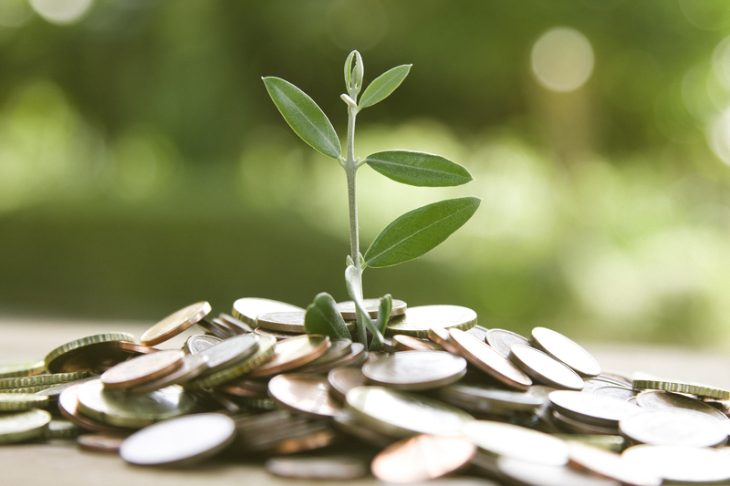Makhtar Diop, general director of the International Finance Corporation (IFC), the investment division of the World Bank, announced two major agreements aimed at catalyzing the transition to a green economy, stimulating financial inclusion and sustainable economic growth in Romania, on the occasion of his first visit in Romania.
According to a press release from the financial institution, IFC is partnering with BRD Groupe Societe Generale in a synthetic material risk transfer (SRT) transaction, under which IFC will provide a risk guarantee for a portfolio of up to 700 million of euros which includes loans for small and medium enterprises and for large companies. The capital used through SRT, a first for both IFC and BRD in Romania, will allow the bank to grant loans worth up to 315 million euros to finance climate-related initiatives and small businesses owned by women, according to Agerpres.
IFC also grants Warehouses De Pauw NV (WDP), a Belgian real estate investment fund, a “green” loan of approximately €300 million to expand its portfolio of green and energy-efficient semi-industrial and logistics assets in Romania. The funding includes sustainability components that incentivize WDP to continue to improve its climate change agenda by increasing the share of EDGE (Excellence in Design for Greater Efficiencies) certified properties and expanding electricity generation capacity through the installation of rooftop solar panels from Romania. The loan is financed with 150 million euros from IFC funds, the rest being mobilized from investors, including Sumitomo Mitsui Banking Corporation. At the same time, IFC supported WDP in designing its first sustainability-related loan in the context of a new energy saving and emission reduction framework.
“The projects announced today underscore IFC’s commitment to support Romania in unlocking the potential of its private sector, to promote sustainable and inclusive development. By leveraging innovative financing instruments and through partnerships with government and the private sector, we aim to improve the business infrastructure of country, to boost climate change initiatives and provide new opportunities for women-owned small businesses,” said IFC’s CEO Makhtar Diop.
According to the IFC, for Romania’s transition to a green economy, twice as much investment is needed as in other European countries (7% of GDP per year, compared to an average of 4%), only 1.6% of the loans granted by banks being currently allocated to ecological projects.
In Romania, IFC has the largest exposure in Europe, with a portfolio of 2.1 billion dollars, and the tenth largest exposure globally, with over 7 billion dollars invested in various sectors since 1991. The amounts committed by IFC this fiscal year it rises to a record level of 1.5 billion dollars, of which 1.1 billion dollars mobilized from investors, supplemented by advice to accelerate the ecological transition.
